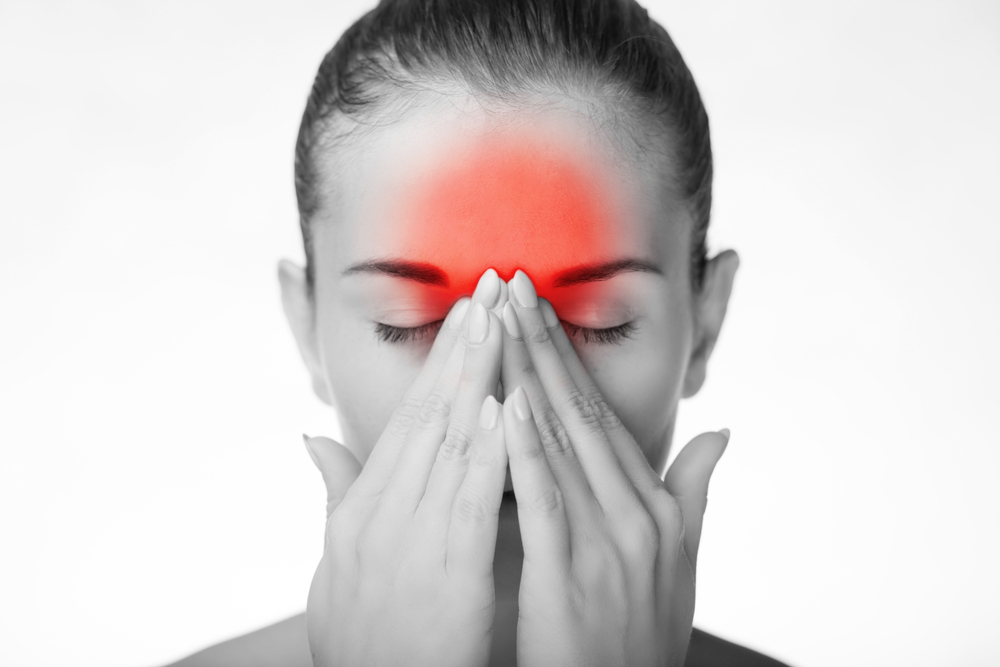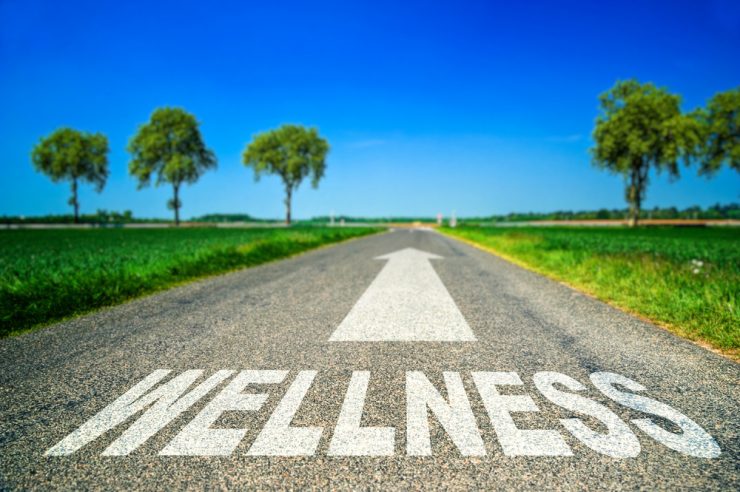The lazy, hazy days of summer are on the horizon but are you ready for the change in season?
Editor Jane Garton takes a peek inside the herbal medicine chest to find some natural remedies to ensure you sail through the months ahead in the very best of health.
Valerian for Sleep

If hot nights start to disrupt your sleep and leave you tossing and turning some valerian extract may help to bring sweet dreams with none of the side effects so often experienced with conventional sleeping pills. Valerian has also been shown to reduce the amount of time it takes to ‘nod off’, so could help you acclimatise to ‘local time’ if, once Covid travel restrictions are lifted, you manage to travel between time zones this summer.
Feverfew for migraines

Migraines can become more frequent in summer although it is not known why warmer weather can have such an adverse effect. It’s thought the added exposure to brighter light may be a factor. Spring pollen in the air may be another trigger.
So, if you are a migraine sufferer the traditional herbal remedy, feverfew may help to bring relief. Studies show that after taking feverfew, attacks can become less frequent and, in some cases, may stop altogether. It can take a few weeks before you start to feel the benefits.
Rhodiola for relaxing

Lazy summer days don’t always turn out to be as relaxed as planned. If stress starts to get in the way of chilling out, a dose of rhodiola could help to relax you. It is thought to have anti-fatigue, anti-stress, antioxidant and immune-enhancing effects and has been shown to help improve mental and physical performance under stress.
Lavender for anxiety

Sweet smelling and medicinal, lovely lavender is a must for any summer herbal kit. Well known for helping to induce sleep (try a few drops on your pillowcase), lavender may also help to beat the summer blues and help you through any post-lockdown anxious moments. Inhaling the oil can help but taking tablets or tincture is considered to be more beneficial.
It’s also thought to help keep those pesky summer mites at bay. Use it fresh or dry some flowers to hang around the house or use to make lavender bags to put in with your clothes to keep the bugs out.
Lavender is very effective for calming inflammation from insect bites, helping to reduce the pain and prevent infection. Either apply directly on the bite or mix five drops of oil with 10ml of vegetable oil and smooth over the affected area.
St John’s wort for low mood

Snatch as many moments outdoors this summer as you can. Sunlight helps to boost levels of serotonin, the feel-good chemical that helps to keep you on an even keel. However, if your mood is less than sunny a short course of St John’s wort aka ‘the sunshine herb’ could soon see you with a smile on your face. Although it is not known exactly how it works it is thought to boost and maintain levels of serotonin.
Sage for night sweats

Traditionally associated with longevity, sage is rich in plant oestrogens. Made into an infusion, it may help to combat hot flushes and night sweats and can also be used as a gargle and mouthwash for sore throats. Rubbing fresh sage leaves onto insect bites and stings can also help to bring relief.
Artichoke for digestion

Eating too fast and gulping down your drinks can all lead to bad digestion which in turn can result in bloating. The secret is to eat and drink slowly to give your system a better chance of good digestion. The herbal remedy artichoke is also worth a try. The active ingredients cynarin and scolymoside have been shown to stimulate bile secretion which may explain why it has been traditionally used to treat sluggish livers and debilitated digestions.
Ashwagandha for concentration

Being an adaptogen herb, ashwaganda helps to relax the nervous system as well as increasing strength and stamina. Studies show that ashwagandha can help in the treatment of anxiety and depression and it is also said to help improve concentration and memory[i]. Its reputation as a general energy-promoting, disease-preventing herb may be built on its beneficial effect on the immune system. A number of studies have shown significant increases in white blood cell count[ii].
[i] www.ncbi.nlm.nih.gov/pubmed/23653088
[ii] www.ncbi.nlm.nih.gov/pubmed/22182427
























Add comment